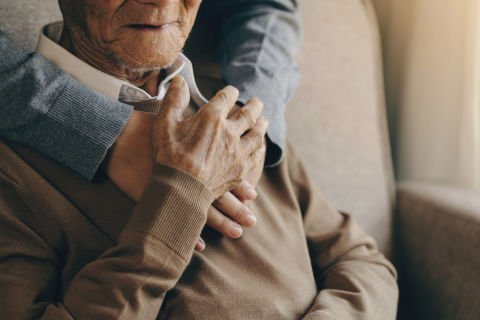
Seniors Favor Private Health, System Needs Overhaul
Join our campaign to reduce the gap
National Seniors Australia (NSA) is campaigning to reduce out-of-pocket health care costs for all older Australians.
NSA’s own research highlights growing unrest about the unaffordability of private health care. While many older Australians value private health insurance, they are frustrated by rising premiums and increasing out-of-pocket expenses.
NSA is calling for a full Productivity Commission review of the private health system, focused on improving its value and reducing out-of-pocket costs. This aligns with the Federal Government’s broader focus on productivity in next term of parliament.
We are also calling for an increase in the Private Health Insurance Rebate for low-income earners and the establishment of a targeted Seniors Dental Benefits Scheme.
You can find out more and join the campaign by clicking here .
Australia’s private health system is facing significant challenges, with patients experiencing escalating out-of-pocket costs and tensions rising between hospitals and insurers. Rising premiums and out-of-pocket costs are symptoms of a sick system that could undermine affordability for consumers.
Recent Australian Prudential Regulation Authority (APRA) data highlights a substantial increase in the average amount patients pay out-of-pocket for hospital care.
According to data for the March 2025 quarter, the average out-of-pocket (gap) payment for a hospital visit for privately insured patients was $470.80. This figure includes payments for medical services as well as any excess or co-payment amounts related to hospital accommodation.
Worryingly, this represented an increase of 10.4% compared to the same quarter of the previous year.
While the average out-of-pocket payment for medical services for privately insured patients where a gap was paid was $270.81, the amount of this gap can vary depending on the medical specialty group, with orthopaedic services having the largest average gap at $760.43.
Medical gap payments also varied by state and territory. The average gap payment across all services was highest in the Australian Capital Territory at $103.86, followed by the Northern Territory ($73.59), Queensland ($38.35), New South Wales ($37.97), Victoria ($31.90), Tasmania ($29.91), Western Australia ($29.67), and South Australia ($25.11).
This increase in costs for patients occurs within a climate of increasing financial pressure on private hospitals, and a clash of viewpoints between hospitals and health insurers.
https://nationalseniors.com.au/news/featured-news/seniors-love-private-health-the-system-needs-urgent-surgery

